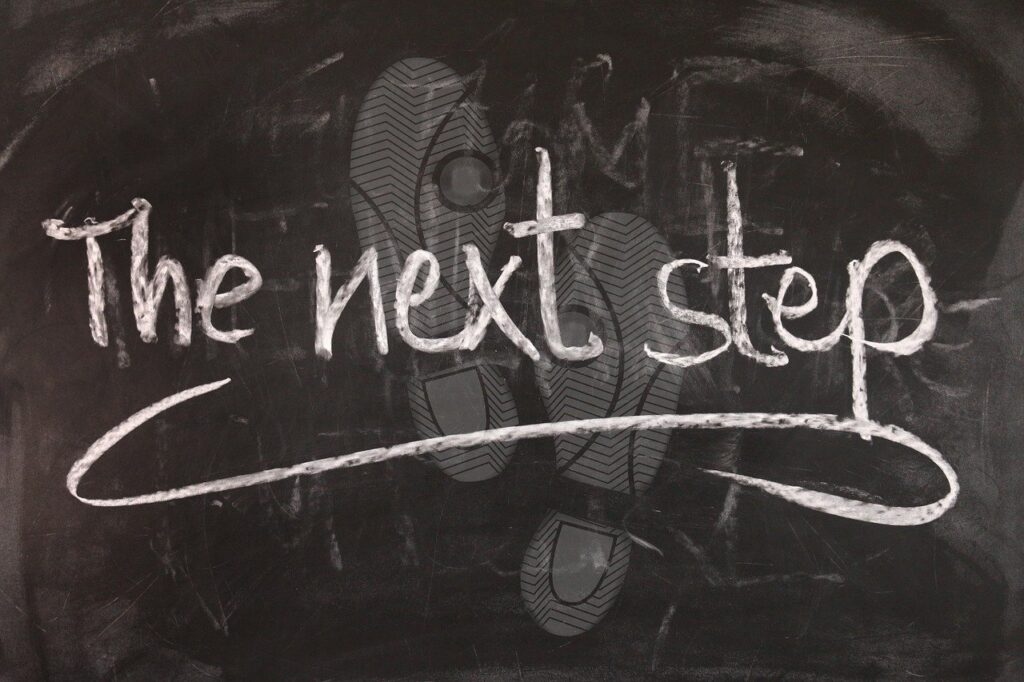“I want to become fluent in <insert foreign language here>”
I hear this phrase so often and can’t help but be reminded of my early days with Spanish and strangely, my time spent working as a personal trainer.
There’s nothing wrong with the desire to become fluent. In fact, that desire is what inspires us to start the process to begin with.
However, “I want to become fluent” is a result oriented and future oriented goal much like these commonly stated fitness goals:
- “I want to lose weight”
- “I want to get stronger”
- “I want to look better naked”
- Etc.
The desire is natural, but if you don’t take the additional step that I’m going to propose in this post, you’re likely setting yourself up for failure.
First, let’s take a closer look at why result oriented goals are problematic.
Result Oriented Goals
There are three big problems with result oriented goals:
- The Waiting Period – you have to wait (usually for a long time) to receive the satisfaction of achieving the goal you set.
- “Whatever It Takes” Attitude” – you’ll do anything to achieve the desired end result as quickly as possible, at the expense of your health (for fitness goals) or retention capacity (for language goals).
- A Moving Target – even if you achieve your weight loss goal or “fluency” in a language, you must adapt ongoing habits or you will lose everything that you have worked so hard for.
So what’s the alternative? The answer is within Problem #3 from above – create new habits through action oriented goals.

Action Oriented Goals
They are exactly what they sound like – goals that are stated in terms of some action or activity that you will do instead of the desired outcome from said actions.
Let’s take a look at some examples:
Result – “I want to understand native speakers better.”
Action – “I am listening to 20 minutes of authentic material in the target language at least 5 days a week.”
Result – “I want to increase my vocabulary in the target language.”
Action – “I am entering new words into Quizlet and practicing with flashcards for 10 minutes at least three days a week.”
Result – “I want to sound more like a native speaker when I talk in the target language.”
Action – “I am practicing the shadowing technique for a total of one hour every week.”
A More Present Approach
As you can see from the examples above, action oriented goals focus on the specific step that you are going to take today.
The action becomes the new goal while the desired outcome or result takes a back seat, and this approach creates a significantly different experience for you in three ways:
- A Clear Path – the actions are specific and intentional, solving the ambiguity associated with how to arrive at outcome oriented goals.
- Digestibility – result oriented goals are big and overwhelming. Focusing your attention on this step is more manageable and digestible.
- Immediate Reward – this isn’t about achieving instant gratification, but we are human beings and will continue to do the things that bring us some type of reward. With action goals, you are achieving your goals every day, which is a much more effective and motivating reward system than having to wait for weeks, months or years.

How To: Action Based Goals
We have covered the problem with result/future oriented goals and discussed the advantages of action/present oriented goals.
I want to conclude this post with a few tips for you to keep in mind when you’re thinking about or writing out your action based goals.
- Start with your results based goal and work backwards to the present moment and ask yourself, “What is the first step or the most important action for me to take right now?”
- Using the answer from step 1, write a specific action goal. Use numbers if possible, so that you can measure how much of your goal you have accomplished.
- Use the phrase “at least”, so that you can always complete the minimum, while leaving the doors open to the possibility of doing more.
Here’s an example:
“I am completing at least 1 Portuguese lesson in Babbel at least 5 days a week.”
In this example, if I were to complete 3 lessons in one week, I would have achieved 60% of my goal. If I were to complete 10 lessons, I would have achieved 200% of my goal.
In both scenarios, you may need to adjust your goal if the pattern continues week after week.
I hope you got something out of this article and would love to hear your action based language (or fitness!) goals in the comments.
If there are any topics that you would like to read about on my blog, you can leave me a comment or fill out the contact form.
Until next time, ¡cuídate!

